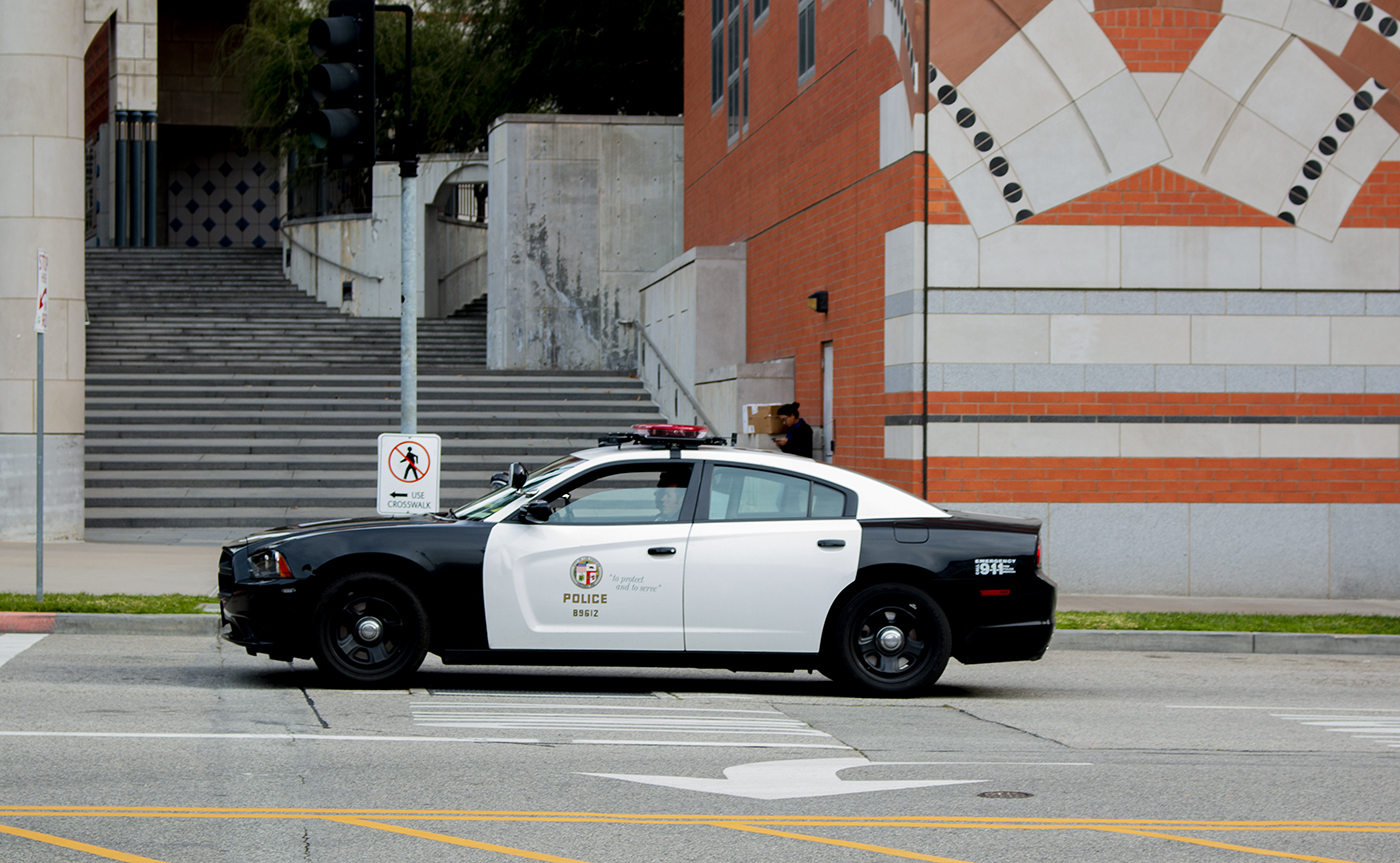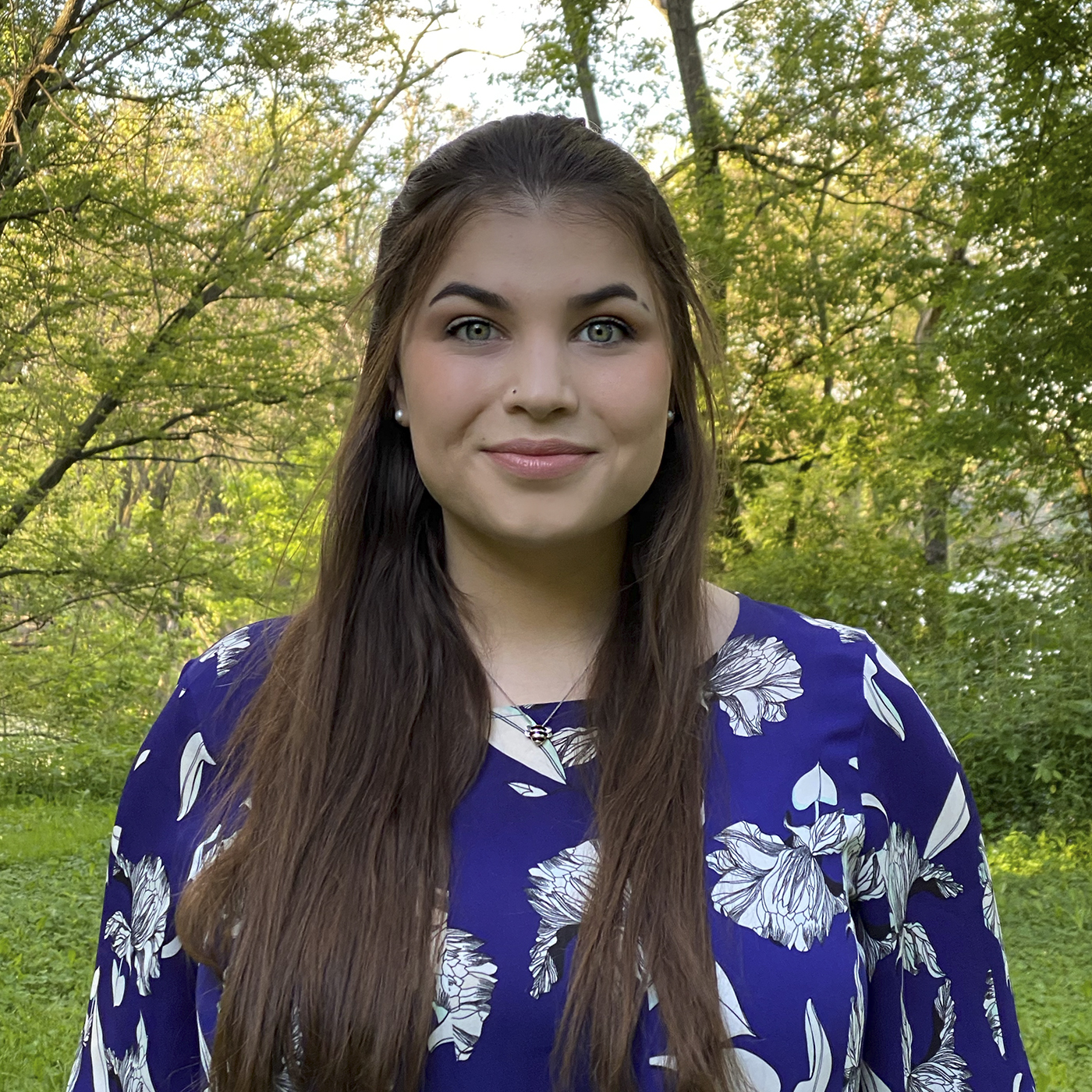Opinion: To hold UCPD accountable, handling of body camera footage needs community oversight

An independent commission that handles, stores and organizes footage from UCPD body cameras is necessary to hold officers accountable. (Daily Bruin file photo)

By Payton Kammerer
Feb. 3, 2021 12:29 p.m.
When those charged with holding the public to the law aren’t held accountable themselves, it’s time to change the rules.
On Jan. 1, UCPD began using body cameras, a move that had been delayed for various reasons since the change’s planned implementation in 2016.
But despite its initial intentions to improve the relationship between UCPD and University of California students and faculty, the implementation of body cameras has been the subject of debate, with some students saying that they will only make things worse.
However, a policy five years and $1.4 million in the making is unlikely to be overturned, even with these criticisms.
When the decision to implement body cameras was made, it might have seemed like an automatic win for moderating the behavior of UCPD. Unfortunately, the cameras are a tool, and the way the footage is handled is going to be critical in determining whether they actually protect the students and faculty of the University.
In order to address this, the UC Office of the President must change its preliminary policy to include measures that ensure accountability and transparency, including independent, community-based oversight of the footage’s management.
Otherwise, body cameras won’t do the job they’re meant to accomplish.
As it stands, the policy draft in the Universitywide Police Policies and Administrative Procedures doesn’t seem to prioritize using the cameras to hold the police accountable.
Instead, the body cameras, also known as MAV for mobile audio, visual and digital recording technology, are “primarily intended to be used for prosecution purposes, potential liability related events, refutation of erroneous citizen complaints, or training purposes.”
In other words, the current body camera policy is meant to protect the police departments, not those they serve.
In fact, officers are responsible for day-to-day downloads of their own footage, and that role falls to their supervisors only after major incidents, like officer-involved shootings.
It doesn’t take a genius to see that this is a major conflict of interest and a worrying lapse in accountability.
That would be true even if police departments in the U.S. didn’t have a reputation for internal coverups so well-established that they got their own nickname: the blue wall of silence.
Andrew Guerrero, a UCLA alumnus and doctoral student at Harvard University studying policing and incarceration, said the management – or mismanagement – of the body camera footage can erode or strengthen public trust in UCPD, depending on what steps are taken.
And the potential for internal coverups of officer misconduct isn’t the only concern students have. Naomi Riley, the Undergraduate Students Association Council president, raised concerns about the public accessibility of the footage as well.
“If someone from an outside entity or a UCLA student wanted access to that data, they would have to go through a public records request,” said Riley, a fourth-year political science student. “That process is very arduous … and also very inaccessible.”
But for privacy and confidentiality reasons, California state law makes those requests a requirement for accessing the information, regardless of the decisions made by UCOP.
That’s where community-based oversight of the footage’s management comes into play.
If the public can’t easily access the footage directly, the only way to ensure transparency between the department and the community is to involve a representative group composed of community members in the footage’s handling.
With daily data collection, management and long-term storage out of the hands of the police department, the community can ensure that officers are following UCOP guidelines, offer a much less biased determination of when data are to be deleted and see to it that public records requests are fulfilled accurately and efficiently.
Additionally, this sort of oversight has the potential to address a major failure of UCPD – the disproportionate targeting of people of color.
Guerrero, who is also an active member of Million Dollar Hoods, a UCLA-based research group dedicated to the analysis of policing and incarceration data, said there is data revealing UCPD’s disproportionate targeting of racial minorities.
This probably isn’t a surprise for those tuned in to UC news. From individual claims of racial profiling by UCPD to previous data analysis that show Black and Latino people accounted for nearly 40% of stops by UCLA’s police department despite only constituting 9% of the population of Westwood, systemic racism is still very much a problem within UCPD.
In an emailed statement by UCOP, the office claimed that discussion of the details of the new camera policy is premature because the policy is still in the process of being finalized.
But when the first draft so clearly neglects the public’s well-being, this conversation needs to happen before it is made official, not after.
It’s clear that more sensitivity training isn’t enough. Instead, UC needs to ensure that the groups being harmed are represented in the processes responsible for mitigating those issues.
Managing how body cameras are implemented is an opportunity to do just that.


